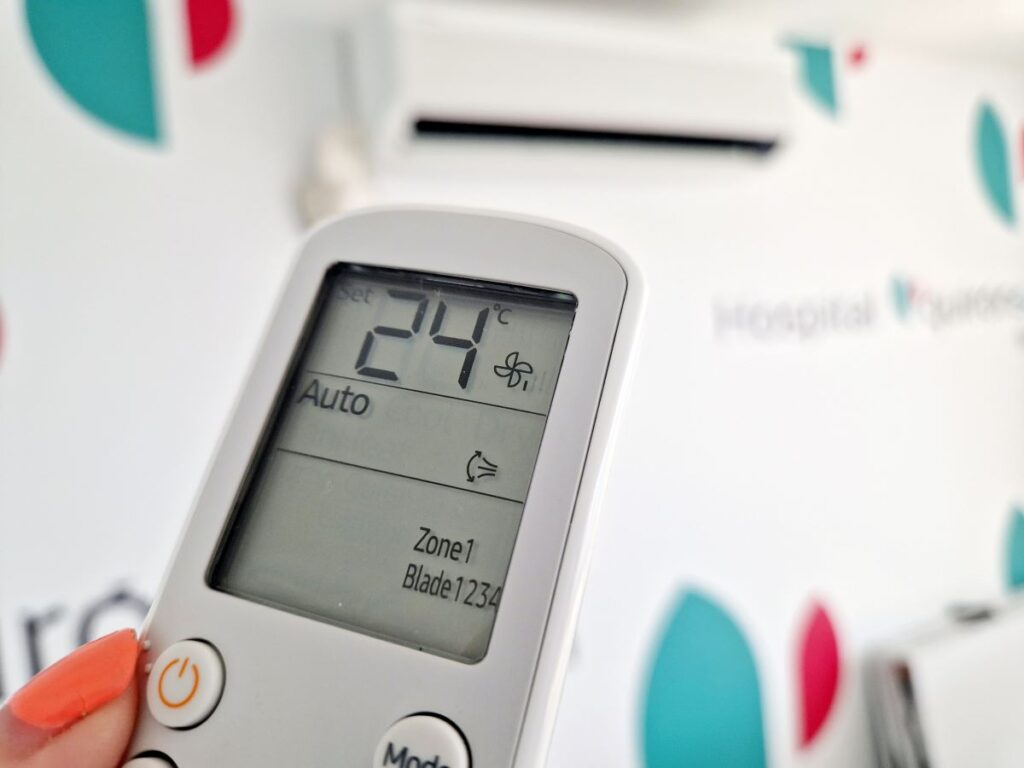The month of August is at its peak and, as a consequence, temperatures are also reaching their most extreme levels throughout the country. This not only affects our daytime plans, causing us to look for refreshing places, such as the beach or the swimming pool. It also has a direct impact on our nights, as it can alter our sleep and give rise to one of the enemies of the summer heat: insomnia. Almost 50% of Spaniards say that it is practically impossible to sleep during the hottest months and more than 30% say that they wake up with the feeling of not having had a good night's rest. In this section, gender has an influence, as statistics show that women are the most affected due to hormonal fluctuations linked to the menstrual cycle or the menopause and stress.
What causes poor sleep quality in summer? Experts point to two influential agents: stress and the weather conditions typical of the summer season. "In order to achieve optimal sleep in summer, it is necessary to control all the factors that cause stress (financial problems, work, family, eating habits, health, etc.). On the other hand, the environmental factor, i.e. the amount of light, temperature, air quality and noise level, affect our night's rest", explains Dr. Carlos O'Connor ReinaCo-Director of the Otorhinolaryngology from Hospital Quirónsalud Marbella and of the Quirónsalud Campo de Gibraltar Hospital.
There are several parameters that reflect a good night's sleep. According to the expert, the quality of this rest depends on the duration, the way in which we fall asleep, the time we stay asleep and the time we go to bed and wake up. It is important to stress that the benefits of sleeping properly are fundamental to our health. "It allows us to maintain our body's energy levels and promotes the health of our brain as it cleans out the waste products of our neuronal activity. In addition, it favours memory and learning, it even improves the immune system and promotes cell regeneration and the elimination of bacteria and viruses," says Dr. O'Connor.

On the other hand, poor sleep leads to exhaustion, moodiness, forgetfulness, lack of concentration and in the long term causes anxiety, depression, diabetes, Alzheimer's disease and can lead to substance abuse. In addition, the specialist lists other diseases related to poor quality sleep, such as obesity, coronary heart disease, sleep apnoea, sleep behaviour disorder, dementia and the risk of epilepsy.
Finally, the Co-Director of the Otorhinolaryngology from Hospital Quirónsalud Marbella and of the Quirónsalud Campo de Gibraltar Hospital offers a series of tips that can help you get a good night's sleep in summer. "Regulating melatonin production by respecting the natural cycles of brightness in the morning and reducing light sources as much as possible in the evening and at night, avoiding the consumption of stimulants such as caffeine and theine in the hours before going to bed, taking short naps (no more than 30 minutes) so as not to alter the nocturnal sleep cycle, exercising in the afternoon, eating dinner moderately and at an early hour or reducing the temperature in the bedroom to 22 degrees before going to bed," he points out.
According to the otolaryngologist, sleeping pills are not the right answer to a lack of sleep, as "it is essential to diagnose the problem causing the insomnia by consulting a specialist in sleep medicine".






